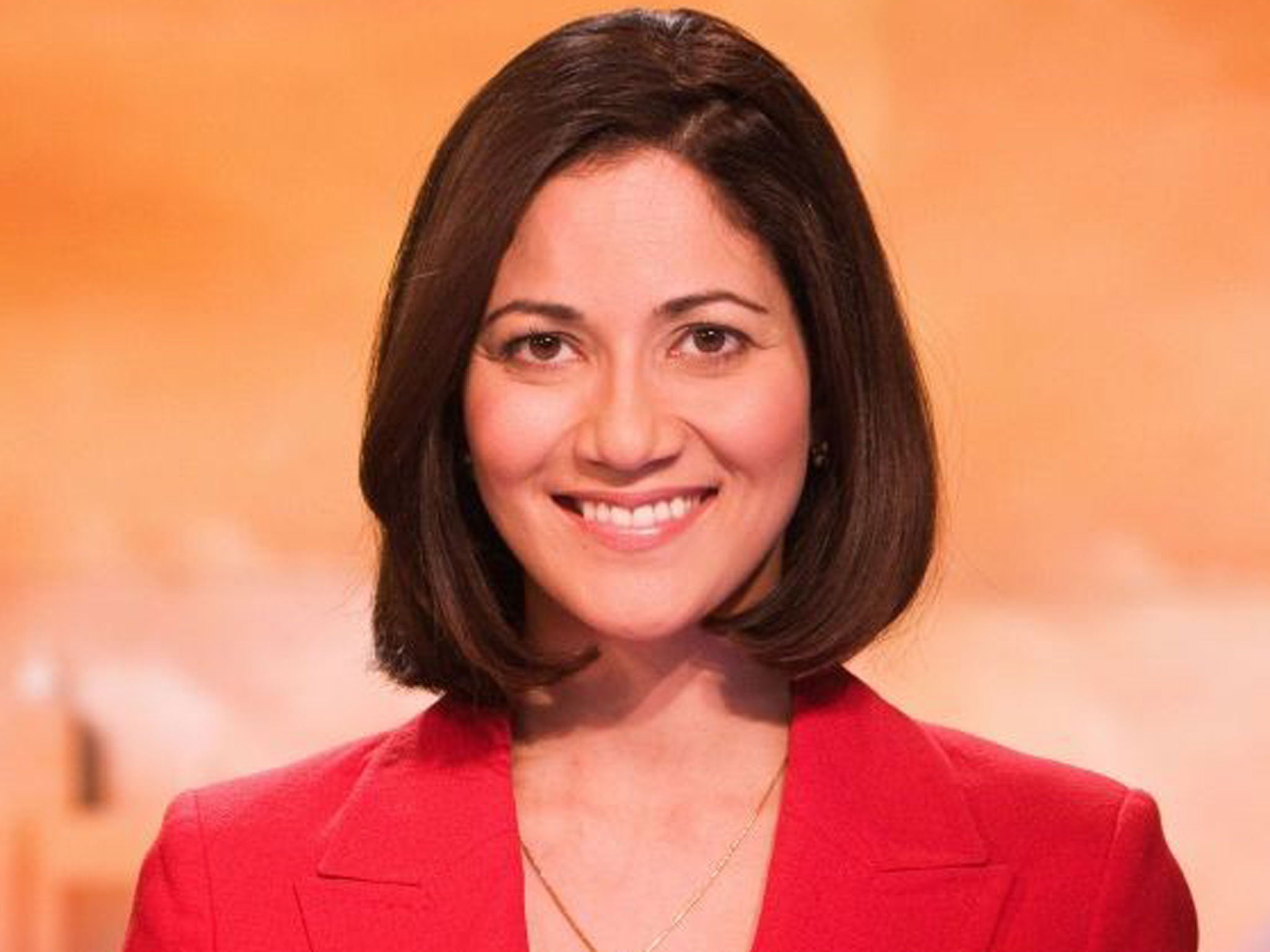The Big Questions: Is the BBC doing enough to get more women on screen? Is there a crisis of management?
This week's questions are answered by former controller of Radio 4 Mark Damazer

Chris Patten this week described the BBC’s 2012 as the “best of times and the worst of times”, referring to the Olympics on the one hand and the Savile scandal on the other. Was he exaggerating?
Not by much. The Olympics showed that the BBC can sustain massive editorial, technical and creative effort. Savile was a horrible mess. Honourable people were trying to do the right thing. But they got into a disastrous tailspin. The BBC is flexible and has deep roots with its audiences. It has bounced back countless times from what were considered at the time horrendous disasters. (Think Lord Hutton, Jonathan Ross and Russell Brand – and many more.)
How did BBC management think it could get away with such enormous pay-offs to senior staff without incurring government and public wrath?
I think those who did the deals concentrated on the long-term savings accruing from reducing overall both the number of expensive senior managers – and the salary bill. That worked. But the individual cases seem not to have been scrutinised hard enough against other criteria – staff morale and equity, and wider public feeling. But we should hear from Mark Thompson – who was a good director-general and not a fool.
The appointment of Mishal Husain to the Today presenting team is a step towards redressing a gender imbalance on the programme. But does the BBC need to do more generally in this area?
Yes. Radio 4 is in decent shape now. The World at One and The World Tonight have women presenting the programme. Music radio is in a trickier position. I can see lots on the screen that indicate the BBC understands the need for older women to appear on television – but there’s quite a bit of ground to make up.
Is Culture Secretary Maria Miller right to apply more pressure on the BBC over John Inverdale?
It is for the BBC to decide what to do about John Inverdale. It is not for the Government. I thought the BBC acted fast and clearly and Tony Hall’s response to her letter says all that needs be said.
What should Tony Hall now prioritise?
He has made a predictably good start and attracted some very talented people to come to the BBC. I hope he can get to grips with recruitment. There’s something to be said for the Director-General interviewing trainee journalists and producers himself. It will look like a gimmick to some, but he will learn a lot and they will end up running the place – if they are good enough. I think the BBC lost its way on aspects of training for several years.
Management failure is also a theme in this week’s Keogh report. Is there a crisis in the management of our public institutions?
Expectations of delivery and transparency have risen and will keep rising. Scrutiny can be gruelling. It is necessary – and the NHS is better for the focus having shifted to standards of care rather than structure and money. But it requires those who do the judging and commenting to be aware of the constraints – including money. And everyone is human.
As Master of St Peter’s College, Oxford, do you think Oxbridge be doing more to achieve an intake of students from wider social backgrounds?
Yes. But Oxford gets too little credit for the many things it does to try to get the most talented 18-year-olds to apply and succeed. There are a host of initiatives. The university knows it now has to get to grips with prospective students who still have several years left in their schools. It is risible to assume that the reason why too few children from underprivileged backgrounds make it is because the university is conducting itself in a manner that favours useless toffs.
Is it right for all primary-school pupils to be ranked by exam results?
I think it is right to try to get parents more involved with their children’s school experiences. I think that should include more detail on attainment – in many fields. I am not a fan of ranking via exam results at this stage. The danger of this form of ranking is that you of label a child as a “failure” in a way that becomes self-fulfilling.
Is turning Heathrow into a four-runway super-hub the way to expand air transport?
Something has to happen. I suspect we will end up with another runway at Gatwick and, after yet more humongous planning crises and much delay, at least one more runway at Heathrow too.
Which is better – working for the BBC or working in academia?
I like great public enterprises. The BBC and Oxford qualify. The deadline disciplines of the BBC have their uses. But the students and academics here are terrific companions 95 per cent of the time – and that’s a lot.
Mark Damazer is Master of St Peter’s College, Oxford, and a former controller of Radio 4

Join our commenting forum
Join thought-provoking conversations, follow other Independent readers and see their replies